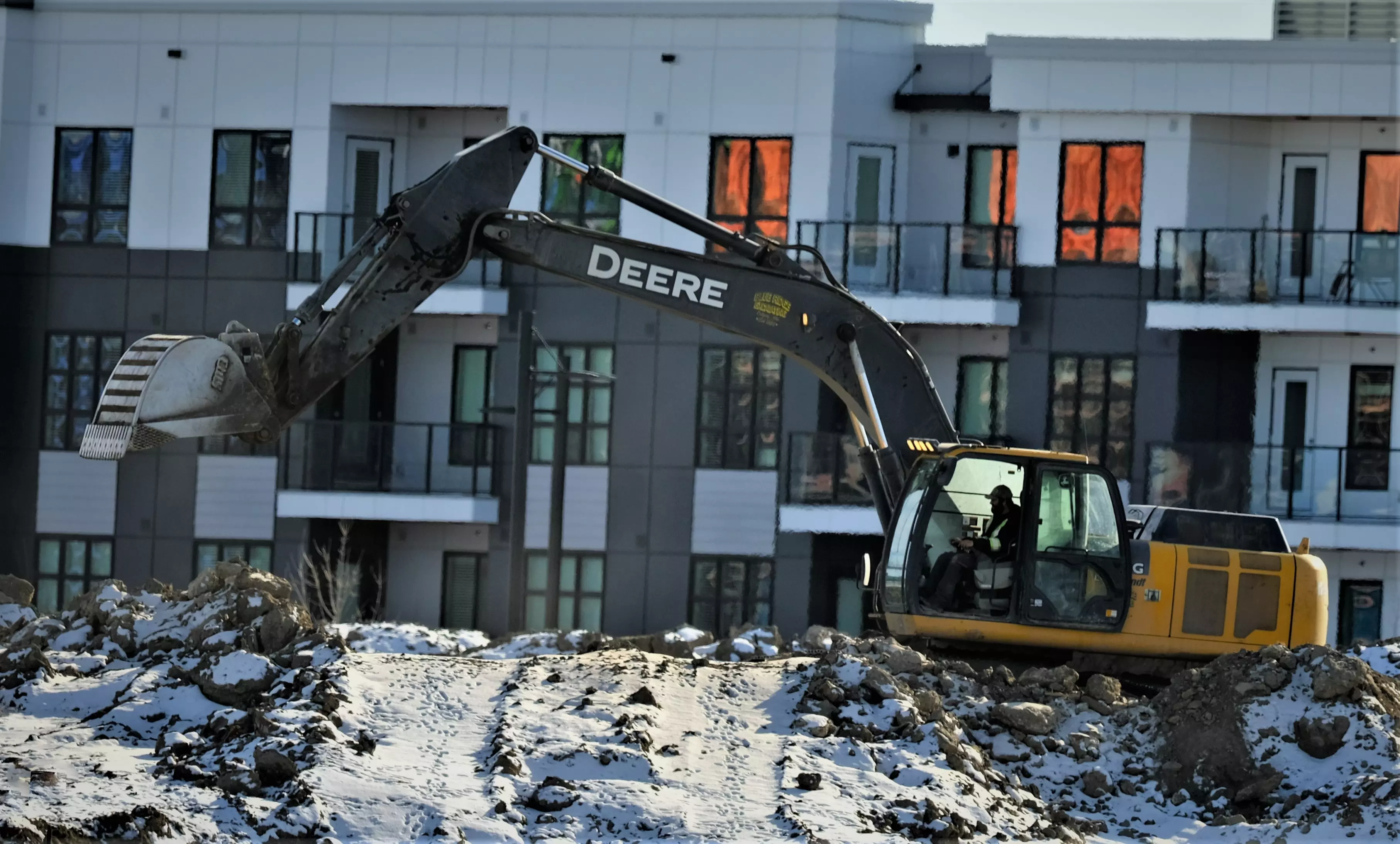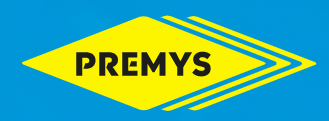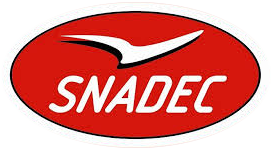Synthèse
The global demolition market grew significantly after 2020 despite the challenges posed by the COVID-19 pandemic. In France, the market almost doubled and recorded sales of 1.3 billion euros in 2023, reflecting a recovery beyond pre-pandemic levels. Growing urbanization has increased demand for demolition. Technological advances have fuelled sub-markets, with the demolition robots segment set to grow at a compound annual growth rate (CAGR) of 15.7% between 2021 and 2031.
The construction and demolition waste recycling market also saw an increase, forecasting growth from 32.6 billion euros in 2021 to an estimated 55.54 billion in 2028. Despite a fragmented market with 625 companies and 7,921 employees in 2022, the sector is demonstrating profitability with Eiffage's demolition subsidiary, Demcy, involved in 150 deconstruction projects in 2020 and generating nearly 75 million euros in sales in 2021.
However, the industry faces challenges in managing the 46 million tonnes of construction waste produced in France by 2022, underlining the need for effective recycling and waste management.
As regulatory frameworks tighten, including mandatory EWMP diagnostics from July 2023 and Extended Producer Responsibility (EPR) policies, the market is moving towards sustainable demolition practices.
demand and trends in the French demolition market
The French demolition market is characterized by an upward trend influenced by rapid urbanization and the growing need to maximize space in major cities. As the global landscape evolves towards more sophisticated demolition methods, such as demolition robots, and a greater emphasis on recycling debris, the French market is experiencing substantial growth.
Demand for demolition services in France is driven by a number of key factors. Chief among these is the correlation between new construction and demolition activity. As new structures often replace old ones, we observe a parallel between the increase in new building construction and the need for demolition. Despite this relationship, it should be noted that not all new construction requires demolition, with many opting for previously unused space.
However, the long-term trend indicates that demolition remains an essential component of urban development. The number of companies active in the demolition sector was around 625 in 2022, employing between 7,500 and 8,500 workers. This fragmentation of the sector has led to intense competition and a market structure where the average company employs between 10 and 15 people. The regional distribution of demolition companies is uneven across France, with Île-de-France, Auvergne-Rhône-Alpes and Nouvelle-Aquitaine hosting the highest concentrations of these specialist firms.
Demolition permits reflect the volatility of the market, with notable fluctuations every year. However, a general upward trend in permits can be observed, with between 16,000 and 17,500 demolition permits issued by 2022, demonstrating sustained demand for demolition services.
The sector's profitability is promising, with EBITDA and net income trending upwards, albeit with a dip during the COVID-19 health crisis in 2020. It should be noted that the demolition sector represents a modest proportion of the wider construction industry, accounting for around 1% of registered construction companies.
Geographically, regions such as Occitanie and Auvergne-Rhône-Alpes saw the highest demolition rates, perhaps due to the presence of older structures requiring deconstruction. The dynamic nature of annual regional demolition activity suggests that this work is spread throughout France rather than concentrated in specific areas.
Pioneers of urban transformation
The demolition market, an essential but often underestimated component of urban redevelopment and construction, is dominated by a mix of specialist indiesubsidiaries of larger construction conglomerates, each bringing its own expertise to the forefront of this demanding industry.
Independent demolition specialists lead the way:
- Avenir Déconstruction: Avenir Déconstruction is the epitome of the independent demolition company that has made a name for itself in the French demolition market. Proud to offer complete demolition services, from obtaining the necessary permits to the precise dismantling of structures, this company has distinguished itself by its commitment to safety and environmental responsibility.
- Brunel Demolition: Another titan of the independent sector, Brunel Demolition has built a solid reputation for executing a wide range of demolition projects with unrivalled precision. Its adaptability and use of state-of-the-art technology have earned it a reputation in the industry as a reliable specialist capable of tackling complex projects across the country.
- Occamat: Occamat may not be the largest demolition company, but their focused and agile approach to the business has ensured them a reliable customer base. Their commitment to meeting the unique needs of each project, coupled with a strong emphasis on safety and environmental protection, sets them apart in the field.
Heavyweights:
- Cardem (Vinci Group): As an extension of the Vinci Group, Cardem is a giant with considerable resources and cutting-edge technology. It operates with the meticulousness expected of a subsidiary of one of the world's leading construction companies, bringing a powerful combination of experience and innovation to large-scale demolition projects.
- Demcy (Eiffage Group): With the strong backing of the Eiffage Group, Demcy takes on the ambitious and complex demolition work that often accompanies major urban redevelopment projects. Its expertise is demonstrated not only by the success of many complex deconstruction projects, but also by its leadership in sustainable practices, with an emphasis on materials recovery and recycling.
These key players form the backbone of the French demolition market, advancing industry standards and meeting the ever-increasing demand for safe and efficient clearance of space for new construction. Whether independent or backed by the resources of a larger company, these businesses continue to pave the way for the regeneration of urban landscapes and the evolution of smart demolition practices.
à la compréhension de ce marché
Détail du contenu
 Informations
Informations
- Nombre de pages : 30 pages
- Format : Version digitale et PDF
- Dernière mise à jour : 02/01/2024
 Sommaire et extraits
Sommaire et extraits
1 Market overview
1.1 Definition and scope of the study
Demolition works are operations whose final objective is the deconstruction of a building or structure in order to reclaim a piece of land for the construction of a new structure. These large-scale works require numerous authorizations and must comply with certain strict obligations, particularly in terms of safety.
The work, which is carried out by construction and/or public works companies, involves a number of stages:
- Obtaining a demolition permit;
- Hiring a specialized company;
- Securing the site (e.g. by fencing off public access);
- Removing asbestos, plumbing and cleaning the building prior to demolition;
- Start work;
- Clean-up.
The global demolition market is developing against a backdrop of rapid urbanization and the need to optimize spacing in large cities. In particular, demolition robots and debris recycling are on the rise, which speaks to an increase in demolition work worldwide.
In France, the demolition market (NAF 43.11Z) has seen very significant growth since 2015, in fact it has almost doubled. In France, the market has been stimulated by urbanization and the increase in the number of new buildings under construction. For the year 2022, there will be 16,529 property demolition permits in France. However, the demolition market remains small when placed in the context of the overall construction market.
from July 1, 2023, new regulations will be in force, including the requirement for a PEMD diagnosis for major demolition and renovation projects. This diagnosis is essential for optimum management of the products, equipment, materials and waste resulting from these works.
1.2 The global market is growing
The global demolition market is made up of a number of different sub-markets, which together make up the market. Below we list some of the sub-markets that form an integral part of the overall demolition market.
Construction and demolition waste recycling market size World, ****-****, in billions of US$ Source: ****
Firstly, ...
1.3 Size of the French demolition market
Size of demolition market (***) France, ****-*****, in millions of euros Source: ****
Thesize of the demolition industry market has grown steadily in recent years (***) to reach a record value of *.* billion euros in **** (forecast, based on sector sales from January to October ****. In ****, total market sales were estimated at just *** million ...
1.4 The impact of COVID-19 on the demolition market
The impact of COVID-** on sales of demolition activities (***) France, **** & ****, index *** in **** Source: ****
The graph above compares the revenue index of NAF **.**Z, i.e. demolition activities, in France between **** and **** to study the impact of COVID-** on the industry.
We can deduce that the pandemic caused the market to contract ...
2 Demand analysis
2.1 Demand drivers
The demolition market depends on several key factors influencing demand, which in turn depend on underlying events in the construction sector. We list and analyze the most important of these below.
New construction
This measure is important because more new construction is very likely to correlate with more demolition. This follows ...
2.2 Demolition permits
Number of property demolition permits France, ****-****, in units Source: ****
The number of demolition permits in France is fairly volatile, meaning that the number of permits issued per year varies noticeably. Nevertheless, there has been an average increase in the number of demolition permits since the years ****-**** compared with the ...
2.3 Geographical breakdown of demolition demand
Number of housing and premises demolition permits France, ****, in Source: ****
In ****, the region in France with the highest number of demolitions was Occitanie, with **.*% of all demolitions , followed by Auvergne-Rhône-Alpes (***).
In general, and in the light of other years, it is not possible to say that one region stands out ...
2.4 An example of a demolition request: churches
Another small part of the market is the destruction of monuments, artifacts and churches.
Number of churches destroyed per year France, ****-****, in units Source: ****
Church demolition, described above, has increased over the past year, peaking in **** and **** with * demolitions. **** sees the destruction of two churches (***).
2.5 Demolition of urban facilities (bridges, roads, etc.)
Growing demand:
Certain types of deconstruction work are on a much larger scale than house demolition, and require truly cutting-edge technical expertise, as in the case of bridges, roads, prisons, blocks of flats, high schools and factories.
In today's context of urban decongestion, the creation of new green spaces, modernization, reorganization ...
3 Market structure
3.1 Market analysis
The market for demolition work in France is fragmented; there were *** companies in the sector in ****, with *,*** employees.
Number of employees and companies in the demolition sector (***) France, ****-****, in units Source: ****
Since ****, competition has intensified considerably, with an increase in the number of companies of some ***% . At the same time, ...
3.2 Finance: is demolition profitable?
*These figures apply to the whole of NAF code **.* (***), which comprises three categories of which demolition is one. In other words, the code covers more than just demolition, which must be taken into account when studying the figures.
Between **** and ****, we see an increase in EBITDA and net income, but also ...
3.3 Share of demolition companies in the construction sector
Distribution of the number of companies in the construction industry, by type France, ****, in Source: ****
Demolition companies represent a small part of the overall construction sector in France. Indeed, in ****, just *% of all registered construction businesses were demolition-related.
This reflects a certain structure of demand; the number of demolition companies (***) being ...
3.4 Summary table of the demolition process
4 Offer analysis
4.1 Service overview
The actual process of demolishing a building follows a fairly strict framework that includes preparation, execution and aftermath.
First of all, the executor needs a demolition plan that examines the processes involved in the actual event. This plan may include the following [***] :
the location of the building to be demolished ; the ...
4.2 Price and cost analysis
Source: ****
The price of demolishing a house will therefore average between €** and €*** excluding VAT in December **** for a cubic meter demolished, whatever the surface area. This average cost will be increased if additional technical constraints need to be taken into account. So, for example, you need to add between €*** and €*** to ...
4.3 Residues created by industry
f Source: ****
In ****, around ** million tonnes of construction waste were produced in France. **% of this waste comes from the deconstruction of buildings. Three quarters is inert waste such as rubble, concrete, tiles or bricks, and around a quarter is so-called "non-hazardous" waste such as wood, plastic, scrap metal, packaging or plaster. ...
5 Regulations
5.1 Regulations
Who can demolish buildings?
To carry out demolition work, the person carrying out the project must be a professional holding a certificat d'aptitude professionnelle (***) and introduces partial access to an activity. Thus, since June *, ****, it has been necessary to hold a CAP, or a BEP, or an equivalent diploma, or to ...
6 Positioning the players
6.1 Segmentation
- Avenir Deconstruction
- Brunel Demolition - Premys
- Cardem (Eurovia)
- Occamat (EPC Groupe)
- Demcy (Eiffage)
- Snadec
 Liste des graphiques
Liste des graphiques
- Effectif salarié et nombre d'entreprises du secteur des travaux de démolition (NAF 43.11Z)
- Taille du marché des travaux de démolition (NAF 43.11Z)
- Nouvelles constructions
- Indice du coût de la construction (ICC)
- Nombre de permis de démolition de logements et de locaux
Toutes nos études sont disponible en ligne et en PDF
Nous vous proposons de consulter un exemple de notre travail d'étude sur un autre marché !
Dernières actualités
Entreprises citées dans cette étude
Cette étude contient un panorama complet des entreprises du marché avec les derniers chiffres et actualités de chaque entreprise :
 Choisir cette étude c'est :
Choisir cette étude c'est :
Accéder à plus de 35 heures de travail
Nos études sont le résultat de plus de 35 heures de recherches et d'analyses. Utiliser nos études vous permet de consacrer plus de temps et de valeur ajoutée à vos projets.
Profiter de 6 années d'expérience et de plus de 1500 études sectorielles déjà produites
Notre expertise nous permet de produire des études complètes dans tous les secteurs, y compris des marchés de niche ou naissants.
Notre savoir-faire et notre méthodologie nous permet de produire des études avec un rapport qualité-prix unique
Accéder à plusieurs milliers d'articles et données payantes
Businesscoot a accès à l'ensemble de la presse économique payante ainsi qu'à des bases de données exclusives pour réaliser ses études de marché (+ 30 000 articles et sources privées).
Afin d'enrichir nos études, nos analystes utilisent également des indicateurs web (semrush, trends…) pour identifier les tendances sur un marché et les stratégies des entreprises. (Consulter nos sources payantes)
Un accompagnement garanti après votre achat
Une équipe dédiée au service après-vente, pour vous garantir un niveau de satisfaction élevé. (+33) 9 70 46 55 00
Un format digital pensé pour nos utilisateurs
Vous accédez à un PDF mais aussi à une version digitale pensée pour nos clients. Cette version vous permet d’accéder aux sources, aux données au format Excel et aux graphiques. Le contenu de l'étude peut ainsi être facilement récupéré et adapté pour vos supports.
 Nos offres :
Nos offres :
the demolition works market | France
- Quels sont les chiffres sur la taille et la croissance du marché ?
- Quels leviers tirent la croissance du marché et leur évolution ?
- Quel est le positionnement des entreprises sur la chaine de valeur ?
- Comment se différencient les entreprises du marché ?
- Données issues de plusieurs dizaines de bases de données
Pack 5 études (-15%) France
- 5 études au prix de 75,6€HT par étude à choisir parmi nos 800 titres sur le catalogue France pendant 12 mois
- Conservez -15% sur les études supplémentaires achetées
- Choisissez le remboursement des crédits non consommés au terme des 12 mois (durée du pack)
Consultez les conditions du pack et de remboursement des crédits non consommés.





 Le port fait le plein de navires militaires à déconstruire - 04/01/2024
Le port fait le plein de navires militaires à déconstruire - 04/01/2024

















